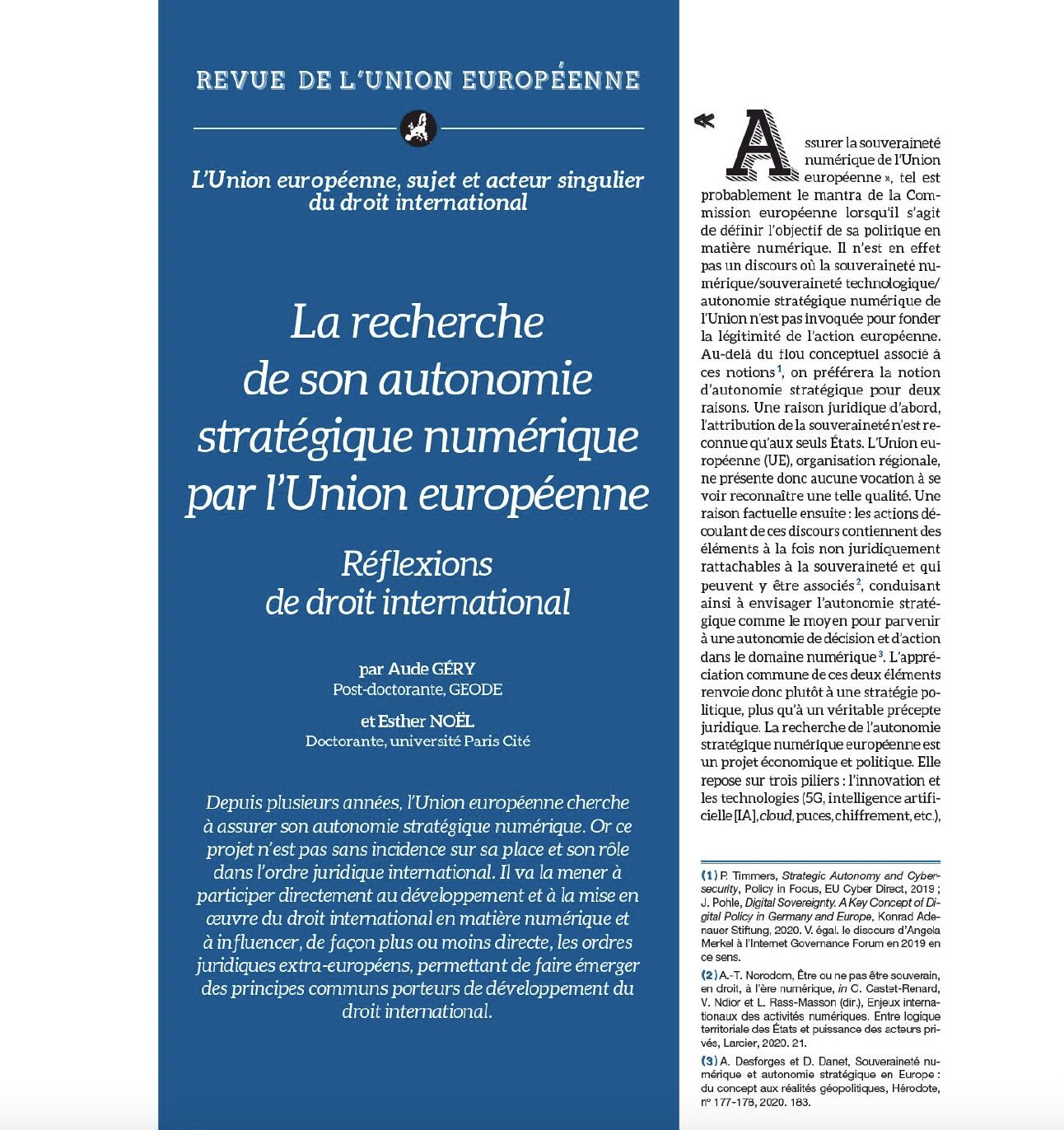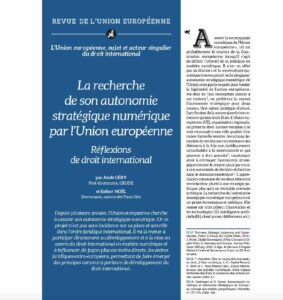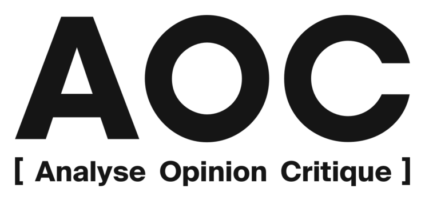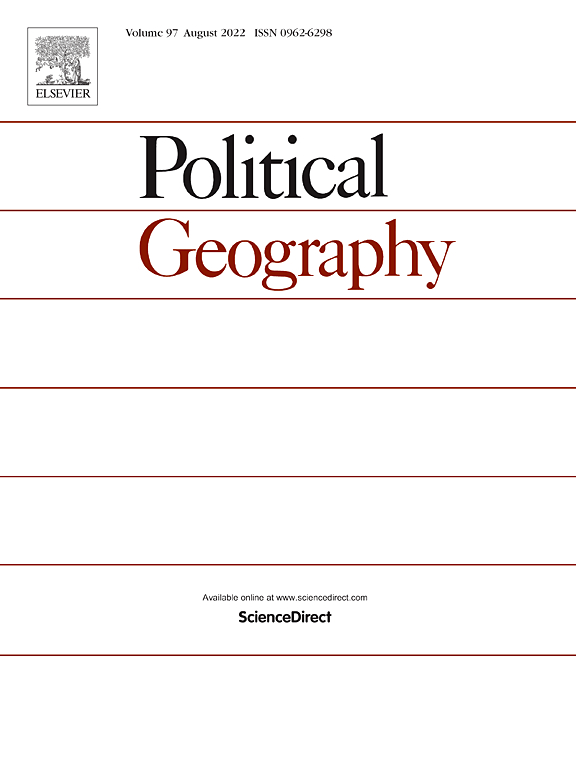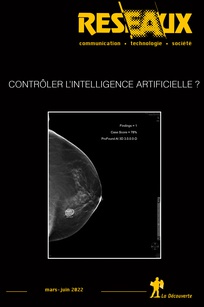Blockchains : quels enjeux juridiques, économiques, et énergétiques ? Une introduction technocritique aux blockchains par Pablo Rauzy.
Continue readingLes limites de la stratégie informationnelle russe en Afrique, par Kélian Sanz Pascual
La Revue Défense Nationale publie un article de Kélian Sanz Pascual, analyste géopolitique chez Cassini, où il examine la présence russe en Afrique.
Continue readingComment l’écosystème cyber ukrainien s’est-il adapté à la guerre ? par Anastasia Kryvetska
Comment l’écosystème cyber ukrainien s’est-il adapté à la guerre ? par Anastasia Kryvetska
Continue readingQui fabrique le droit international ? par Anne-Thida Norodom
Le Monde Diplomatique publie un article d’Anne-Thida Norodom au sujet de l’orientation du droit international.
Continue readingThe Human Factor in the Geopolitics of the Internet
The Human Factor in the Geopolitics of the Internet.
Continue readingLa recherche de son autonomie stratégique numérique par l’Union européenne : Réflexions de droit international – Article d’Aude Géry dans la Revue de l’Union européenne
OSINT ou l’investigation à l’ère numérique, par Hugo Estecahandy
OSINT ou l’investigation à l’ère numérique, par Hugo Estecahandy
Continue reading





